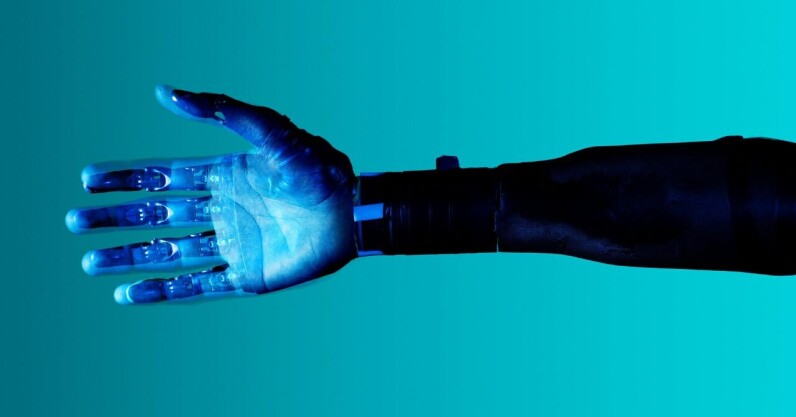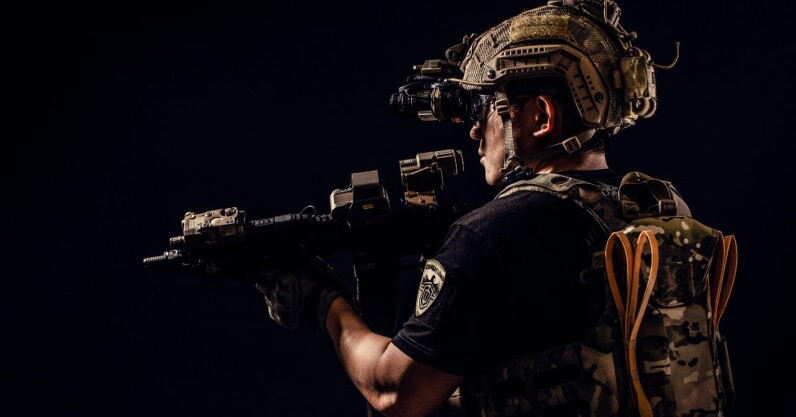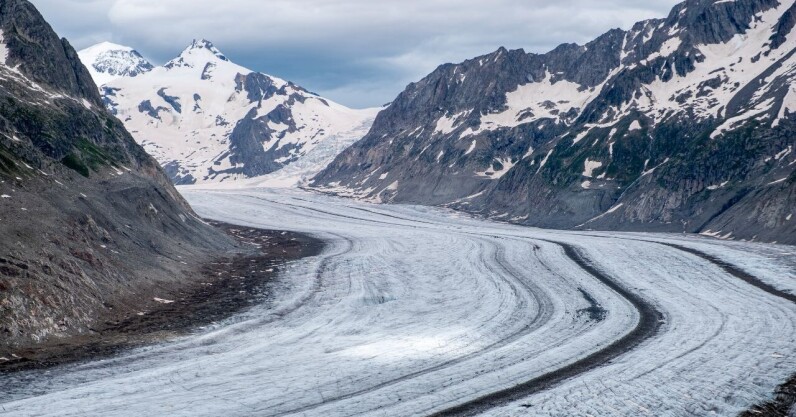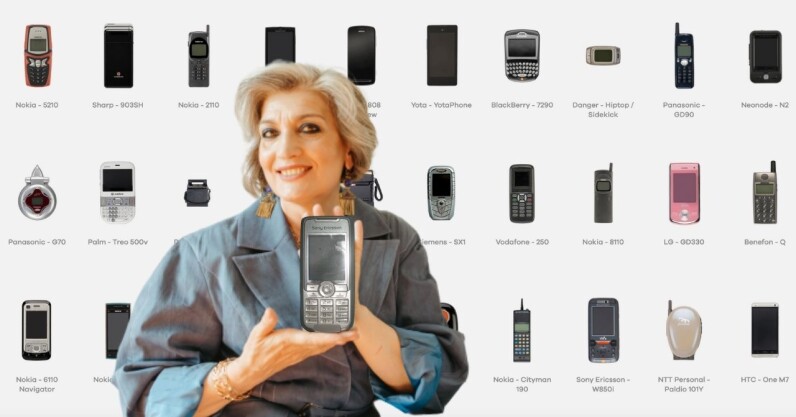Reading List
The most recent articles from a list of feeds I subscribe to.
UK’s answer to DARPA backs synthetic muscles and e-skin in new robotics project

A British R&D unit that’s been compared to DARPA is funding synthetic muscles, electronic skin, and mechanical hands for a robotics dexterity project. The Advanced Research and Invention Agency (ARIA) today unveiled the 10 teams selected for the programme. Their mission: usher in a new era of dexterity that will transform robotics and human productivity. Members of the group span startups, university labs, public research organisations, and large companies. Collectively, they will receive £52mn to advance the physical dexterity of robots. The funds aim to bridge the software-hardware gap in robotics, which has widened during the AI boom. Robot bodies now…
This story continues at The Next Web
Surging European defence stocks signal ‘huge potential’ for military tech startups

Shares in European aerospace and defence companies soared to record highs this week, elevating expectations for the continent’s military tech startups. Britain’s BAE Systems leapt by 9% on Monday, while Germany’s Rheinmetall jumped by 14%. Stocks in Sweden’s Saab, Italy’s Leonardo, and France’s Thales also boomed. By the day’s end, the Stoxx Europe aerospace and defence index had hit an all-time peak. Military tech firms have also been surging. Kate Leaman, chief market analyst at online broker AvaTrade, said these companies have “huge potential” for growth — particularly those with AI-driven solutions. “We’re already seeing a shake-up in the defence sector, with…
This story continues at The Next Web
Glaciers in the Alps have shrunk 39% in the last two decades, satellite data reveals

British startup Earthwave and a group of European scientists have used satellite data to map out glacial melt across the globe — and the results are alarming. The team discovered that the European Alps’ glaciers have shrunk the most of all — 39% in just over two decades, compared to a global average of 5%. Earthwave co-founder Livia Jakob said the project was invaluable to our understanding of glacier ice loss. “We developed an algorithm to combine all the different datasets into one common estimate of glacier mass balance, giving us a new and improved picture of glacier behaviour in…
This story continues at The Next Web
Can dumbphones revive Europe’s mobile industry?

Do you remember your first phone? The thought of mine brings a tear to my eye. It was a beautiful blue Nokia 3310 — and it was borderline indestructible. Best of all, the handset had the greatest mobile feature of all time: Snake. It also offered calls and SMS, but I had little use for those extravagances. I had a pay-as-you-go contract, and money was tight back then. I also had a home phone — and Mum footed the bills. As for SMS, what was the point of that when you had the joys of MSN Messenger available for free?…
This story continues at The Next Web
Exclusive: Tech mogul Mel Morris announces public launch of AI research engine Corpora.ai

British tech mogul Mel Morris has announced the general release of AI research engine Corpora.ai. The system provides a new approach to research. Built to generate comprehensive reports from single prompts, Corpora promises in-depth analysis and accurate outputs. Speed is another big selling point. According to Corpora, the engine can process 2 million documents per second. After receiving a prompt, the AI model scans through academic papers, news articles, legal documents, and other data on the web. The content is then compiled into summaries or reports. Corpora has shared an array of the results. They range from analyses of autism and…
This story continues at The Next Web